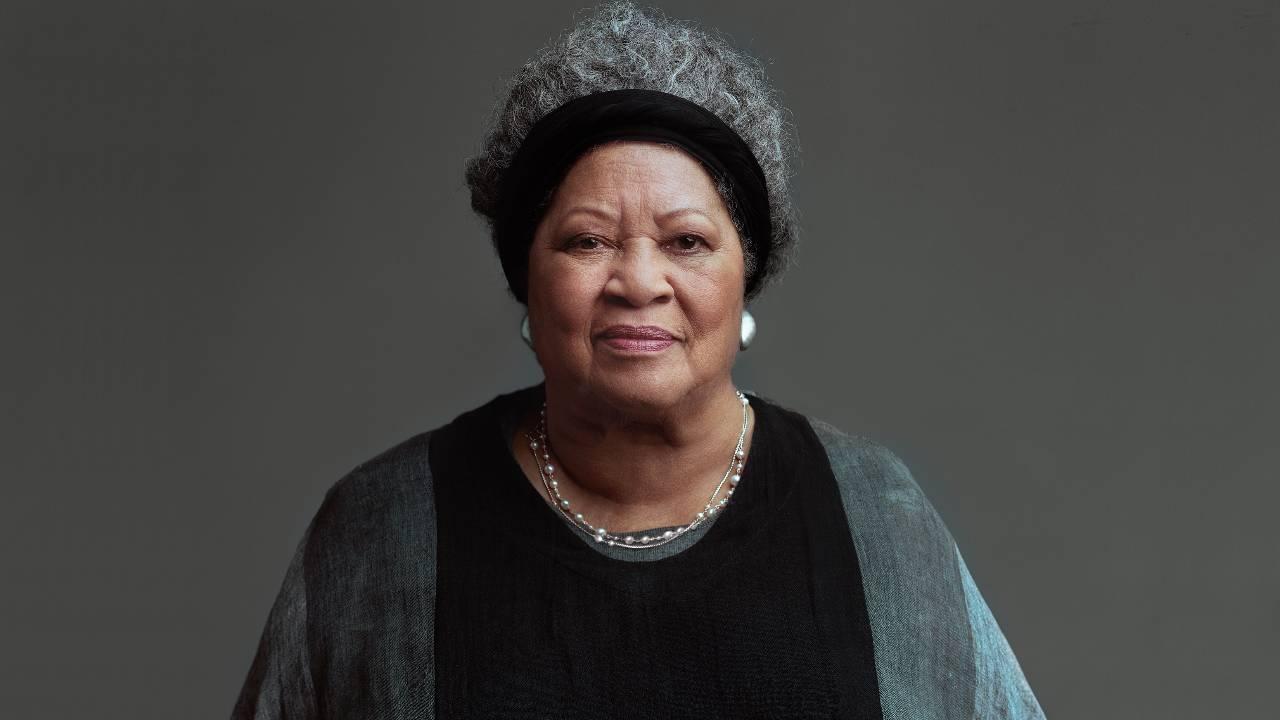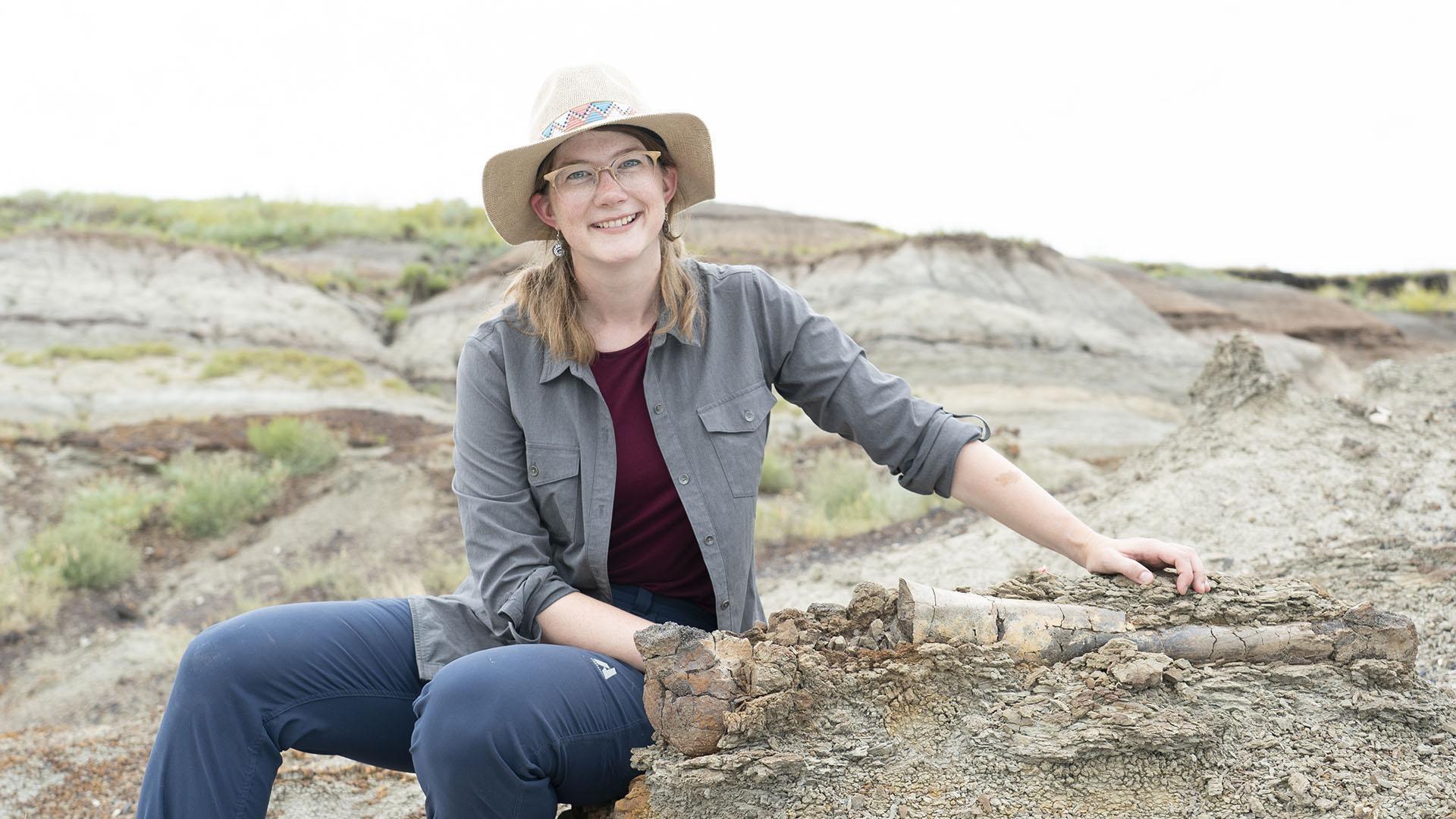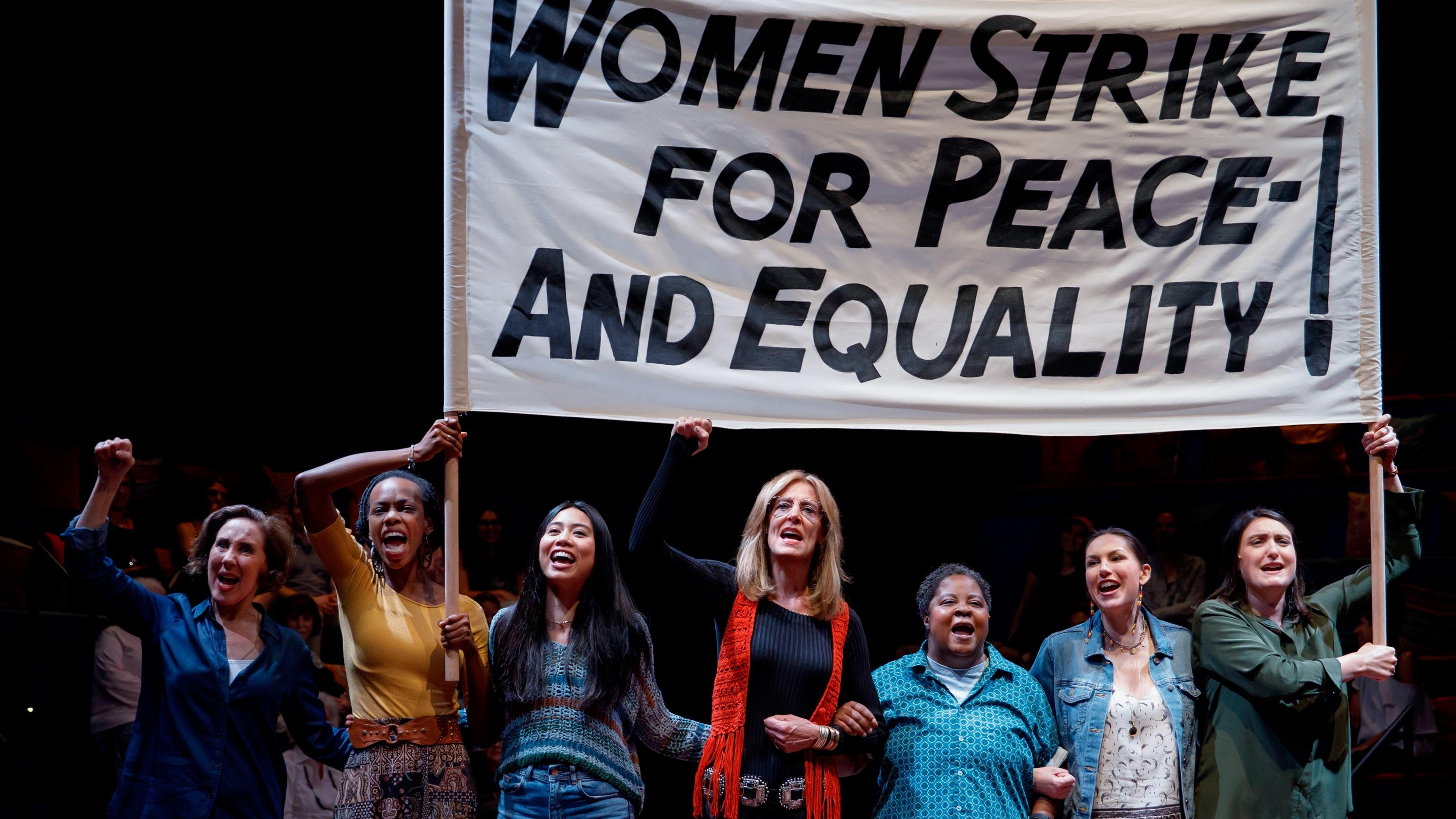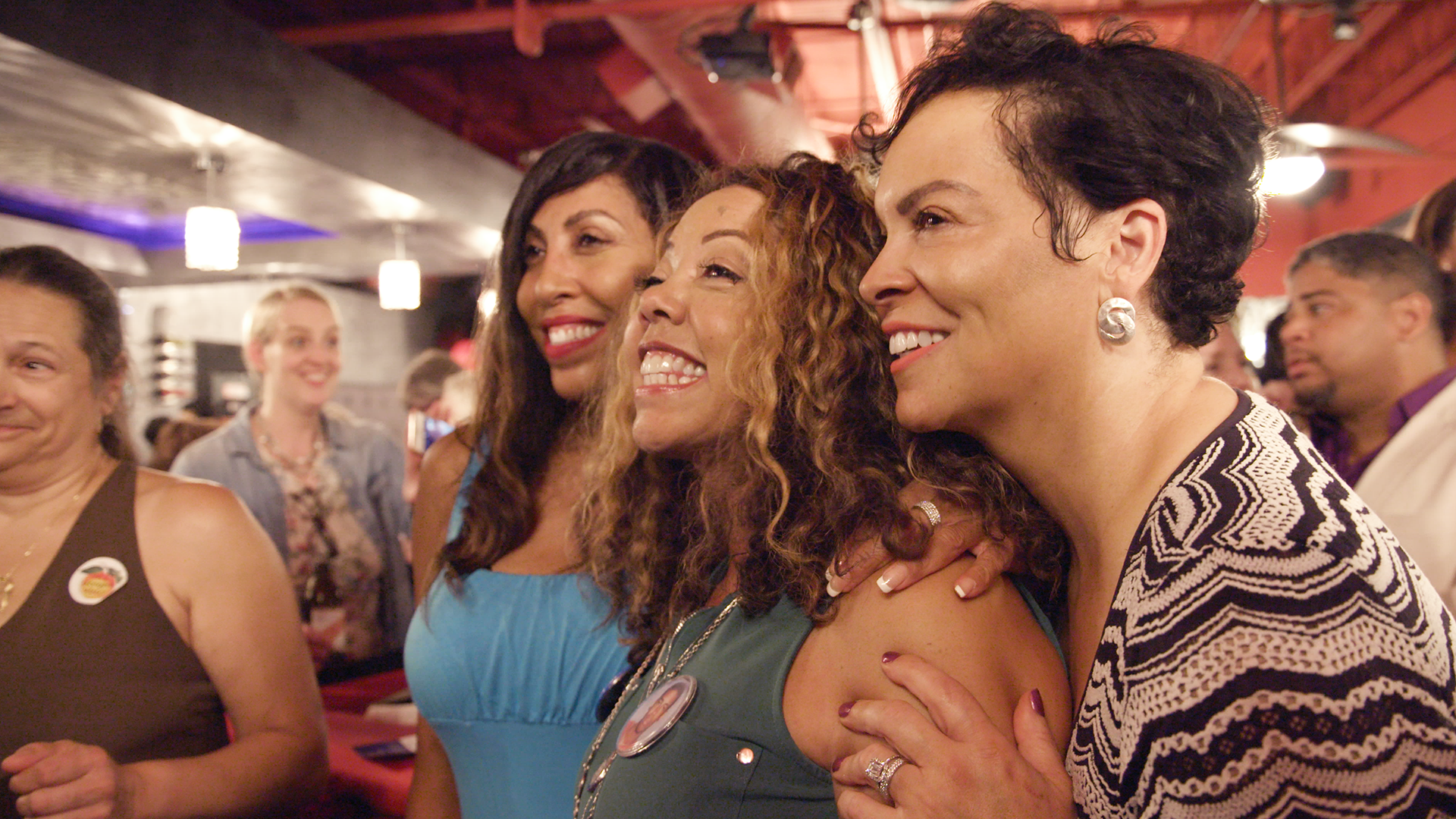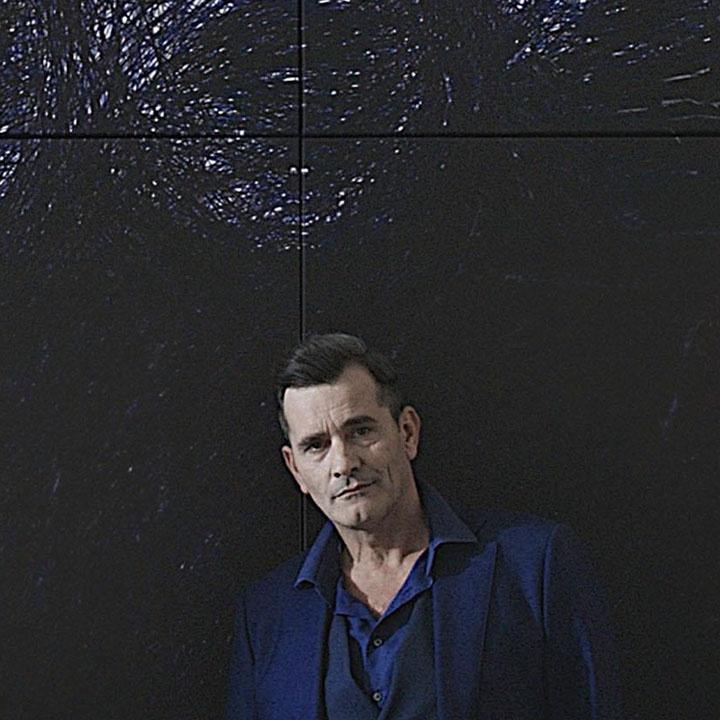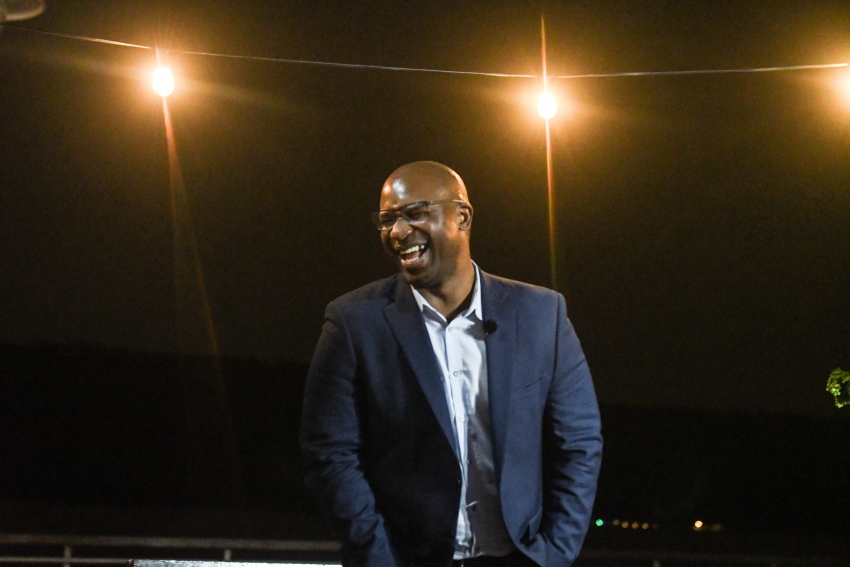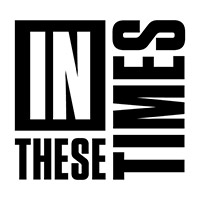The new cases were recorded after 9,630 testing kits were used across the country during the past 24 hours, and a total of 510,353 tests have been carried out since the outbreak of the disease, according to the ministry's statement.
Meanwhile, Deputy Health Minister Hazim al-Jumaili said in a statement that "the problem with dealing with the spread of coronavirus is not with taking decisions (such as curfew), but with applying the decisions."
"The restricted curfew on districts in Baghdad did not succeed as some neighborhoods did not abide by the health preventive measures," al-Jumaili said.
According to an International Labour Organisation (ILO) survey, 95 percent of businesses in Iraq have suspended work due to Covid-19.
Four out of 10 said they had to lay off some workers, and many expected the crisis to continue another four months.
Salem Ahmed, an Iraqi restaurateur who employs Bangladeshi, Egyptian and Iraqi workers, said his establishment had been hit hard by the lockdown.
"We estimate our losses at about $20,000 per month," he said.
"The government didn’t provide any support to businesses, and we’re still expected to pay taxes by July," he said. Even once the lockdown is fully lifted, many business owners surveyed by the ILO predicted they would be unable to bring their operations or sales back to pre-coronavirus levels.
Speaking to Rudaw's Hiwa Jamal, Maenza spoke of the various obstacles preventing minority groups – including Christians and Yezidis – from returning home, and called on Iraqi Prime Minister Mustafa al Kadhimi to pull back Iran-backed militias present in the area.
"With the Yezidis and Christians, they are having a hard time returning home. They don't feel safe, they're being harassed," Maenza said.
Mr. al-Kadhimi took office in May promising a fresh approach, including cracking down on government corruption and strengthening the rule of law. He also promised to protect foreign diplomatic missions and international forces serving at the request of the Iraqi government.
Seen as closer to the United States than his predecessors, he opened a strategic dialogue with Washington this month aimed in part at resetting the size and mission of American troops in Iraq and obtaining commitments for economic aid.
With the raid on Khataib Hezbollah, he became the country’s first leader to move against one of the Iranian-backed armed groups.
Jaber Al Jaberi, an Iraqi member of parliament, told The National that the CTS raid on Kataib Hezbollah was an attempt to exert state authority and a test to see what the reaction might be.
Al Jazeera's Simona Foltyn, reporting from Baghdad, said Iraq's elite Counter Terrorism Service seized at least 10 rockets during the operation, which was "carried out an in effort to pre-empt an impending rocket attack on the Green Zone and Baghdad International Airport, both of which house US troops".
"Subsequently, dozens of armed Kataib Hezbollah fighters arrived in the Green Zone and laid siege to one of the buildings belonging to the Counter Terrorism Service, demanding the release of the detainees, claiming they were arrested illegally without an arrest warrant," she said.
Babakir Faqe, the spokesperson for the Kurdistan Regional
Government (KRG) Ministry of Peshmerga Affairs, described Turkey's
ongoing ground and aerial operation as "a blatant violation" of the
sovereignty of Iraq – particularly that of the Kurdistan Region.
Turkey launched an air offensive dubbed Operation Claw-Eagle on June 15,
with the stated aim of targeting PKK bases in the Kurdistan Region. It
launched a commando force ground campaign called Operation Claw-Tiger on
June 17.
The air offensive has claimed the lives of five civilians, and injured several others.
Faqe told Rudaw on Saturday that according to international protocol,
Turkey should have informed Erbil or Baghdad of their military operation
, which he said they failed to do.

